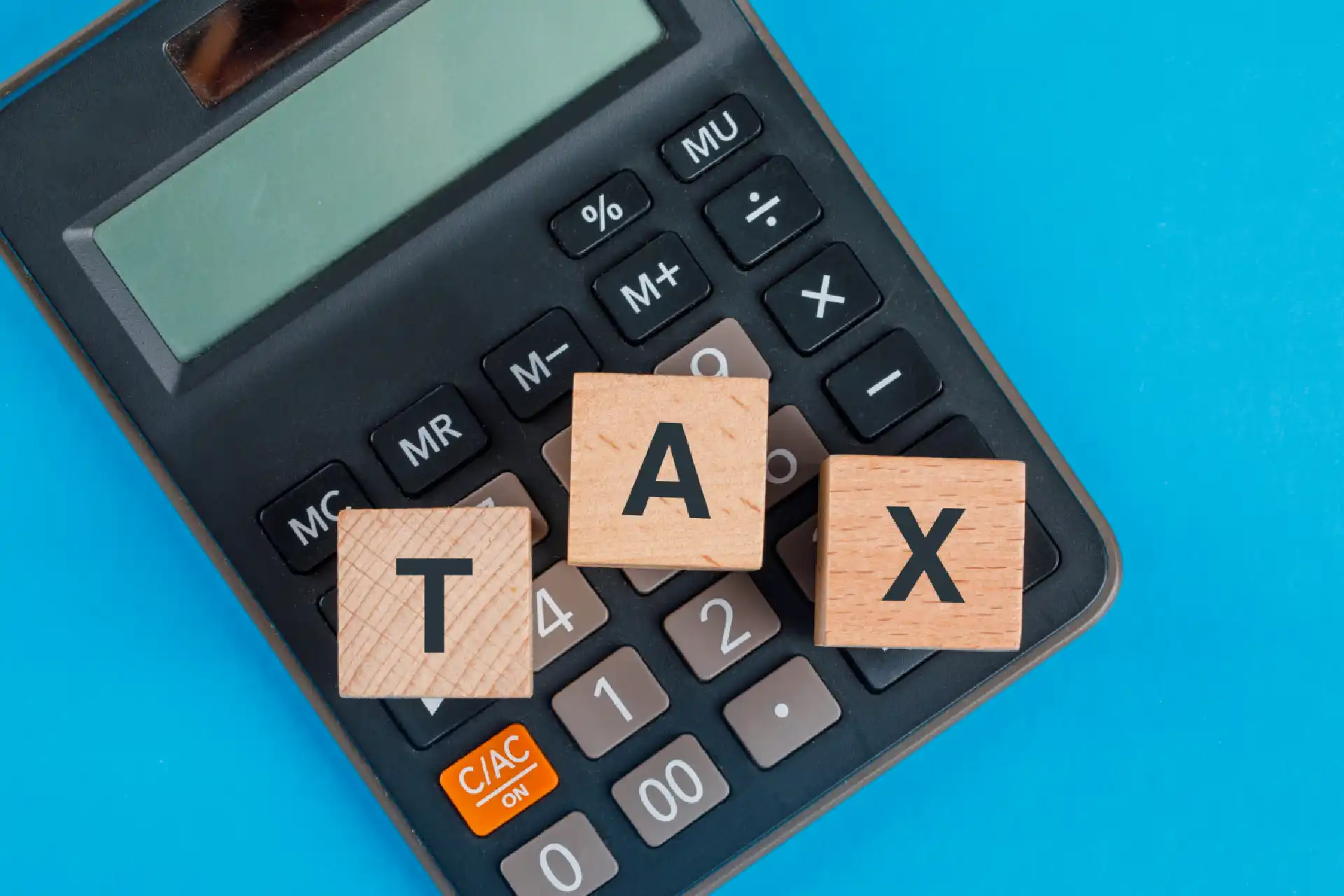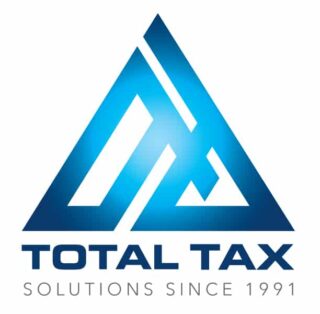Non-Tax Related Consequences of Small Business Back Taxes
When business owners fall behind on their taxes, the immediate concern is often tax debt and potential enforcement actions by the IRS or state tax authorities. However, small business back tax issues extend far beyond financial penalties, tax liens, and wage garnishments. They can create a ripple effect that impacts nearly every aspect of a business, from its reputation to its ability to secure financing.
Many successful small business owners procrastinate on dealing with tax issues, thinking they can resolve them later. But while the IRS may wait before taking action, the underlying consequences of back taxes can begin affecting your business long before you receive a notice from the government.
This article explores the non-tax-related consequences of back taxes that every business owner should be aware of. Learn more about how we can help with back taxes.
Damage to Business Reputation
In business, reputation is everything. Clients, investors, and even vendors look for stability and credibility when choosing who to work with. Falling behind on taxes can signal financial instability, which can negatively impact how others perceive your business.
Some of the ways back taxes can hurt your reputation include:
- Loss of Trust from Clients and Partners – If vendors or clients discover that your business is struggling with unpaid taxes, they may see it as a sign of financial mismanagement and choose to take their business elsewhere.
- Public Tax Liens – Although this technically falls under tax enforcement, tax liens are public record, meaning potential customers, lenders, and investors can see that your business has outstanding tax debts. This can make your business seem like a financial risk.
- Industry Perception – In some industries, financial credibility is essential. Businesses that rely on professional licensing, bidding for government contracts, or partnerships with large corporations may find their opportunities limited due to perceived financial instability.
A business’s reputation takes years to build but can be damaged quickly if back taxes are allowed to spiral out of control.
Limited Access to Business Financing
Most businesses rely on financing at some point, whether for expansion, equipment purchases, or cash flow management. However, unpaid back taxes can create significant hurdles when applying for loans, credit lines, or investor funding.
How Back Taxes Impact Financing Options:
- Lower Business Credit Scores – Just as individuals have personal credit scores, businesses have business credit scores. Unpaid tax debts can lead to negative marks on your business credit report, making it harder to qualify for loans or favorable interest rates.
- Loan Rejections from Banks and Lenders – Many traditional lenders require businesses to be in good financial standing to approve loans. Unresolved tax debts can be a red flag, leading banks to deny applications for financing.
- Investor Hesitation – If you are seeking investment or partnerships, unpaid tax liabilities can make your business seem like a risky venture. Investors want to see stability, and tax debt can indicate financial mismanagement.
Even if a business owner isn’t looking for financing immediately, keeping financial records clean—including tax compliance—is crucial for future opportunities.
Increased Legal and Contractual Risks
Unpaid small business back tax can create legal challenges beyond just IRS enforcement. Contracts, leases, and licensing agreements often include clauses that require businesses to remain in good financial standing. If tax issues arise, it can lead to unexpected breaches of these agreements.
Potential Legal Consequences of Back Taxes:
- Breach of Business Contracts – Some contracts with vendors, landlords, or service providers include financial compliance clauses. Falling behind on taxes could technically violate these agreements, leading to penalties or termination.
- Licensing and Certification Issues – Certain industries require businesses to maintain specific licenses or certifications. Regulatory agencies may suspend or revoke licenses if a business is found to have significant tax delinquencies.
- Lawsuits from Third Parties – If tax debt leads to cash flow issues, a business may struggle to pay vendors or employees on time. This could result in lawsuits for non-payment, further complicating an already difficult financial situation.
For business owners, ensuring compliance with tax obligations is not just about avoiding the IRS—it’s about protecting business relationships and legal standing.
Strain on Business Operations and Growth
Many small business back tax owners view taxes as an administrative burden rather than a fundamental aspect of business health. However, when back taxes go unresolved, they can directly interfere with daily operations and long-term growth.
How Back Taxes Disrupt Business Operations:
- Cash Flow Shortages – If a business has unpaid tax debt, it often means the company is already facing cash flow issues. This can make it difficult to pay employees, purchase inventory, or cover other critical expenses.
- Distracted Leadership – Dealing with back taxes is time-consuming and stressful. Business owners who are constantly worried about tax problems may struggle to focus on innovation, customer service, and growth strategies.
- Hiring Challenges – Businesses looking to hire new employees may face difficulties if their finances are under scrutiny. Payroll tax obligations are especially critical, and unpaid taxes can lead to problems with payroll services and employee benefits administration.
- Business License Revocation – Many states require businesses to remain in good standing with tax authorities to maintain a valid business license. If tax debts go unpaid, state agencies may suspend or revoke a business’s operating license, effectively shutting it down.
Professional Licensing Denial and Travel Restrictions
Certain professions require business owners to hold valid state or federal licenses to operate legally. Many licensing agencies check tax compliance as part of their renewal or application process. This can be a problem for those with small business back tax.
- License Suspension or Denial – Professions such as law, medicine, real estate, accounting, and financial services require an active license. Unpaid taxes can result in the suspension, revocation, or denial of these licenses, effectively putting a business owner out of work.
Additionally, back taxes can lead to unexpected travel restrictions.
- Passport Revocation or Denial – The IRS has the authority to request that the State Department revoke or deny passport renewals for individuals with seriously delinquent tax debt (typically $62,000 or more).
- Driver’s License Suspension – In some states, business owners who owe back taxes may have their driver’s licenses suspended, making it difficult to commute, meet with clients, or manage daily operations.
Federal Contract Ineligibility
Businesses that contract with the federal government must remain compliant with tax laws. Unresolved tax issues can make a business ineligible for federal contracts, cutting off a major revenue stream.
- Loss of Government Bidding Opportunities – Many federal agencies require tax compliance as part of their qualification criteria.
- Negative Impact on Compliance Ratings – Businesses with unpaid tax debt may receive lower compliance scores, making it difficult to compete for contracts.
Personal Financial and Emotional Toll on Business Owners
- Personal Credit Damage – If a business owner has personally guaranteed business loans or tax obligations, back taxes can negatively impact their personal credit score.
- Increased Stress and Anxiety – Running a business is stressful enough without the added burden of tax problems.
- Work-Life Imbalance – Owners dealing with tax issues often spend countless hours trying to resolve them instead of focusing on business growth or personal time.
Don’t Let Small Business Back Taxes Derail Your Business
While the financial and legal consequences of unpaid small business back tax are well known, the non-tax-related consequences can be just as damaging. From reputation damage and financing difficulties to strained partnerships and personal stress, the impact of back taxes goes far beyond the IRS.
If your business is struggling with back taxes, taking immediate steps to address the issue can prevent further damage. Consulting with an experienced tax professional, like those at Total Tax, Inc., can help you navigate the complexities of tax resolution and get your business back on track.
By prioritizing tax compliance, business owners can protect their reputation, financial health, and future growth—ensuring that their hard work continues to pay off.



